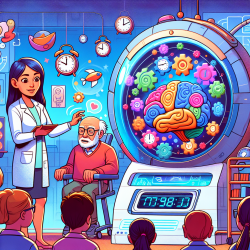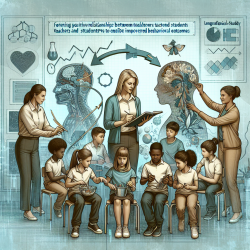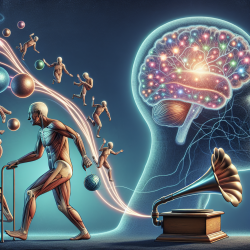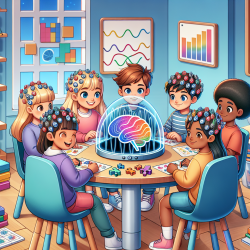Introduction
As the prevalence of Alzheimer's disease and related dementias (ADRD) continues to rise, the need for early detection of cognitive impairment has become increasingly critical. Traditional cognitive assessments, such as the Mini-Mental State Examination (MMSE), have been widely used but are often criticized for their limitations, including lengthy administration times and sensitivity to demographic factors. Recent research highlights the Digital Clock and Recall (DCR) as a superior alternative, offering a more efficient and less biased approach to cognitive screening.
Understanding the Digital Clock and Recall (DCR)
The DCR is a digital cognitive assessment tool that combines clock drawing and word recall tasks to detect subtle signs of cognitive impairment. Unlike the MMSE, the DCR is machine learning-enabled, providing objective insights into various cognitive functions, including memory, attention, and executive function. The study, "Digital Clock and Recall is superior to the Mini-Mental State Examination for the detection of mild cognitive impairment and mild dementia," demonstrates the DCR's superiority in classifying mild cognitive impairment and early dementia.
Key Findings from the Research
- The DCR outperformed the MMSE in detecting mild cognitive impairment and early dementia, with an AUC of 0.70 compared to 0.63 for the MMSE.
- The DCR administration is significantly faster, taking less than 3 minutes regardless of cognitive status and age.
- The DCR identified 80.7% of individuals with verbal memory impairment that the MMSE missed.
- The DCR score was significantly less biased by ethnicity than the MMSE, showing no significant difference between Hispanic and non-Hispanic individuals.
Implications for Practitioners
For practitioners, incorporating the DCR into routine cognitive assessments can enhance the early detection of cognitive impairment, allowing for timely interventions that can significantly alter the trajectory of a patient's cognitive decline. The DCR's efficiency and reduced bias make it a practical choice for diverse populations, ensuring equitable access to cognitive screening.
Encouraging Further Research
While the DCR shows promise, further research is needed to explore its application across different cultural and linguistic groups. Practitioners are encouraged to engage in ongoing research and training to refine their assessment skills and stay informed about advancements in digital cognitive assessments.
To read the original research paper, please follow this link: Digital Clock and Recall is superior to the Mini-Mental State Examination for the detection of mild cognitive impairment and mild dementia.










